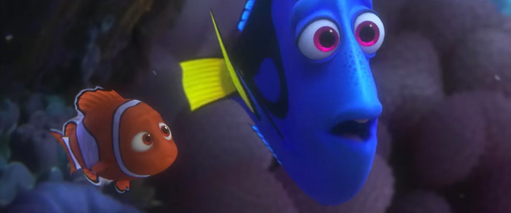Film Review: Finding Dory
Simple But Satisfying Sequel Follows Its Own Motto And Just Keeps Swimming


god. I just remembered Mr. Wrong.”
Latest Article|September 3, 2020|Free
::Making Grown Men Cry Since 1992


god. I just remembered Mr. Wrong.”